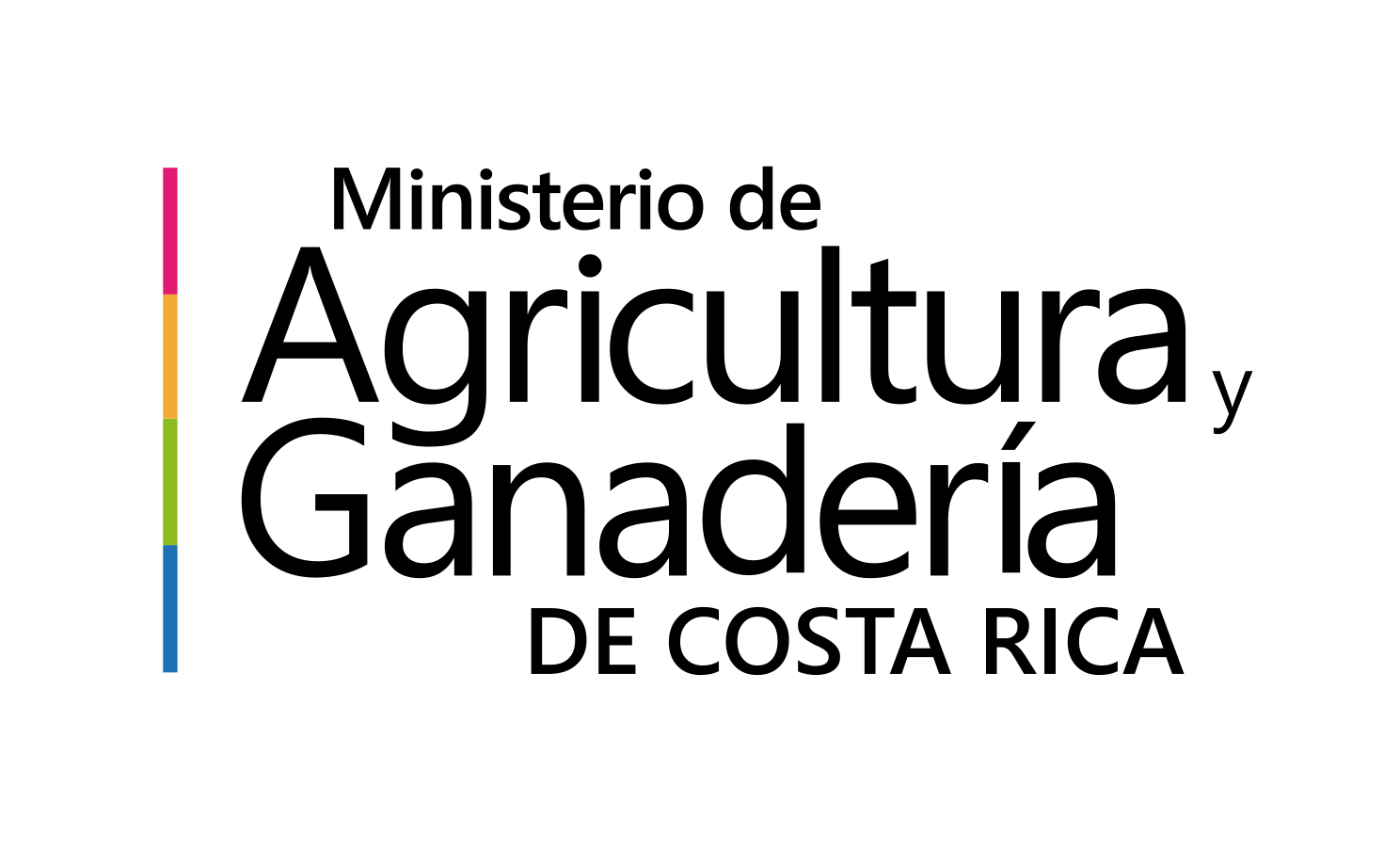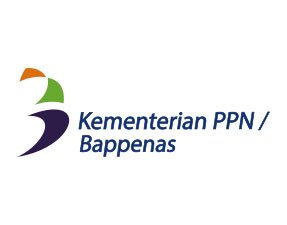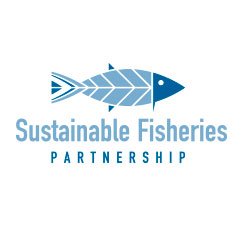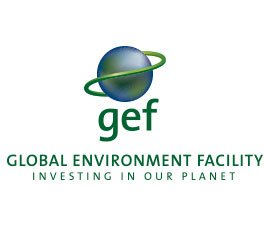Thematic areas
The Global Marine Commodities (GMC) project contributes to the transformation of the seafood sector by mainstreaming sustainability in the value chain of fishery commodities from developing countries. The project achieves this goal through two complimentary strategic action areas: building national capacities for improved fishery management, and engaging private sector and market-based tools to drive the integration sustainability throughout fishery supply chains.

Dialogue roundtables for sustainable fisheries
By adapting the methodology of the UNDP-Green Commodities Programme to the seafood value chain, the project establishes Sustainable Marine Commodity Platforms that bring together government, fishers, civil society, private sector and other key stakeholders in participatory dialogue sessions to identify and tackle the root causes that impede the sustainable management of target fisheries. Ultimately, the national platforms will support the adoption of National Action Plans to improve fishery management.
Lessons learned, new knowledge and best practices generated from the implementation of national platforms will be shared globally with the intention to encourage replication in other countries.
Platform emphasis:
- National governance improvements.
- Public access to information.
- Effective law enforcement.
- Public-Private partnerships.
- Science-based decision-making processes.
- Link sustainable fisheries to international markets.
Opening doors to international markets
As consumers become increasingly aware of overfishing and poor labor practices in the fishing sector, the demand for seafood that is responsibly sourced is increasing in major international seafood markets (US, Europe, China and Japan).
To meet this demand, eco-labelling schemes (such as the Marine Stewardship Council [MSC] and International Fish Meal and Fish Oil Organization [IFFO]) provide consumer assurance that seafood products meet sustainability and social responsibility criteria. The GMC project facilitating partner, Sustainable Fisheries Partnership (SFP) assists target fisheries in advancement toward full eco-labelling certification through provision of technical assistance to Fishery Improvement Projects (FIPs), promotes sustainable sourcing among major importers and retailers, and helps the fisheries gain access to international markets willing to pay premium for sustainable seafood products.
“Sustainable certifications ensure transparent practices, including making sure the catch is legal and the fishing methods will not quickly deplete the stock.” – Marine Stewardship Council.







